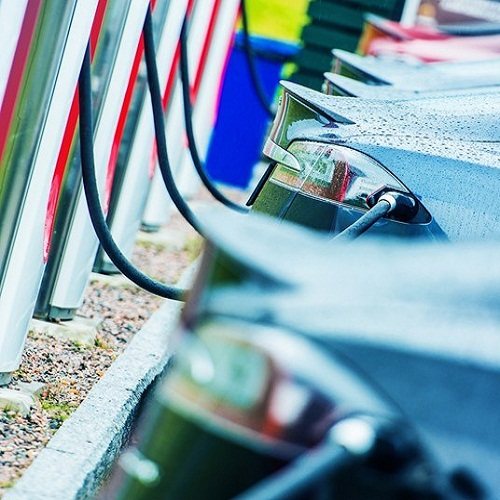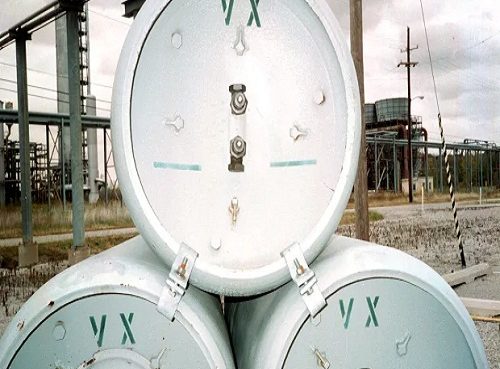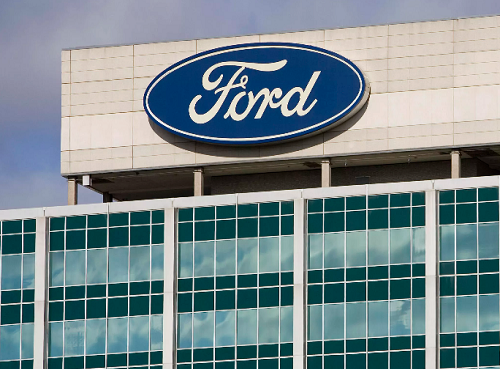Owners of electric vehicles will face drastically increased charging costs in the coming months due to the energy price cap increase, the RAC has calculated.
The RAC found that a 64kWh model, such as a Kia e-Niro, will cost £33.80 to charge from the first of October when the next price cap comes into place. This would have cost just £13.69 earlier this year and approximately £18.37 now under the current price cap.
In comparison, petrol prices for ICE vehicles have actually come down in recent weeks after reaching highs of around 190p per litre for petrol in mid-July, gradually declining to around 170p per litre today. Diesel prices have mirrored this trend, whilst always remaining slightly more expensive than petrol.
Sales of fully electric cars have been soaring in recent years, rising from less than 1,000 in 2011 to almost 100,000 in the first five months of 2022 alone.
RAC spokesperson Rod Dennis said: “The impact of the energy price cap increase will certainly be felt by drivers who charge their electric cars at home, with a full charge of a typical family-sized electric SUV costing 84 per cent more from 1 October than it does under the current cap: £33.80, compared to £18.37.
“Despite recent falls in the price of petrol and diesel, the cost of charging at home is still good value compared to paying for either fuel, but again underlines just how the rising cost of electricity is affecting so many areas of people’s lives.
“The RAC continues to support the FairCharge’s campaign call for the government to cut the VAT rate levied on electricity from public charge points to 5 per cent, to mirror the rate charged on domestic electricity.”
A recent poll of 1,021 adults by Focaldata found that almost half of Britons blame the government for the energy crisis more than the energy firms. Some 47 per cent of respondents blame ministers for “failing to prepare and prevent” the huge rise in energy bills, while just 30 per cent lay the blame at energy firms.
66 per cent of those polled said they are “very concerned” about the soaring energy bills while 20 per cent said they would be prepared to pay more for their gas and electricity bills if the money was used to invest in better infrastructure to prevent potential blackouts or gas supply issues.
Despite previously pledging not to give “handouts” to Britons facing financial ruin from the drastic increase in bills, Tory leadership hopeful Liz Truss has now pledged “immediate support” for households should she win the contest.
She has also pledged to “fix the problems at the heart of this energy crunch at their source” by “radically” boosting domestic supplies.
Source: E&T










